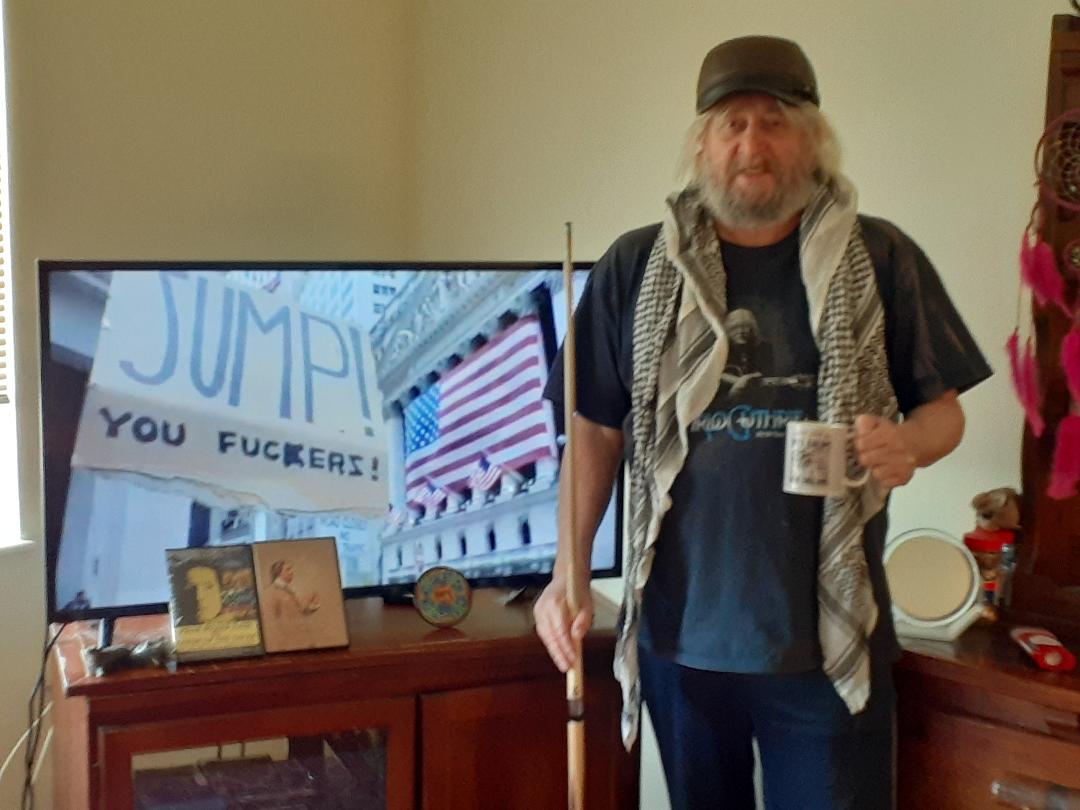The more I watch Charlie Kirks debates with college students, the more compassion I feel for him. He strikes me as a brilliant but frightened young man haunted, as I once was, by a God of fear and judgment. Like Charlie, I once believed in that God until I reached roughly the same age he was when he died at just thirty-one.
That biblical God, as I was taught, was the almighty creator, lawgiver, judge, and punisher, the terrifying being who condemned sinners to eternal torment for disobedience. Who wouldn't be afraid of such a deity? Certainly not me. Like Charlie, I accepted it all.
My education spanning from kindergarten in 1945 to my doctoral studies in Rome in 1972was entirely within the Catholic Church. Nuns and priests trained me in one of the most traditional, patriarchal institutions in the world. They taught that there was no salvation outside the Church. It was our duty to convert the pagans.
So I spent thirteen years in seminaries preparing to be a missionary in Asia, in China, Korea, Burma, Japan, or the Philippines. Then came five more years of doctoral study in theology. The indoctrination could hardly have been deeper.
Like Charlie Kirks brand of fundamentalism, my Catholic formation fostered a deep suspicion of science and secular knowledge. Pope Pius IX's Syllabus of Errors (1864) had warned against modern thought. From it emerged the apologetic mindset that shaped both of us, a defensive "us versus them" posture toward the modern world. Apologetics gave us tidy answers to every challenge: "If they say this, you say that." Charlie mastered it. So did I. We both found it airtight, logical, and comforting.
Our politics flowed from the same worldview. My Catholic mentors, like Charlie's conservative allies, saw communism as evil incarnate. When Senator Joseph McCarthy died, one of my seminary teachers told me, A great man died today. At twenty-two, I cast my first vote for Barry Goldwater.
And yet, even in that enclosed world, the bad ideas we feared had a way of slipping in. Despite my resistance, studying Latin and Greek classics, French and English literature, and Church history began to unsettle my certainty. Questions emerged about morality, colonialism, the Crusades, and the value of other faiths. I fought those doubts but they persisted.
When the Second Vatican Council (1962-'65) finally opened the Church to modernity, I was among the last to let go of my conservative instincts. I loved the Latin Mass, the vestments, and the comforting clarity of dogma. Like Charlie, I thought the Bible was literally dictated by God through chosen transcribers Moses, David, Solomon, Matthew, Mark, Luke, and John.
But my four years of pre-ordination Scripture study shattered that illusion. Doctoral work confirmed it: The Bible isn't a single book. Its a diverse library written by many flawed human beings over a thousand years. They used different names for God and often disagreed about divine commands.
The Bible contains myth, legend, poetry, law, prophecy, fiction, and coded apocalyptic literature -- resistance writings against empire, not predictions of the end of the world. I still remember my shock learning that Matthew's three wise men story was midrash, not history. To treat all of it as literal fact is to miss its deeper truth.
Even so, like Charlie, I continue to believe the Bible is truenot in every detail, but in its moral and spiritual essence. As one of my friends says, "The Bible is true, and some of it even happened." Its central story is not Adam and Eve's fall, but the Exodus, the liberation of slaves. That story reveals the Bibles real heart: what scholars call God's preferential option for the poor.
The Bible sides with the enslaved, the widow, the orphan, the immigrant, the victims of empire. In fact, it may be the only ancient text written almost entirely by people conquered by Egyptians, Assyrians, Persians, Greeks, and Romans. Its truth is that followers of Jesus are called to stand with the oppressed.
I wish Charlie Kirk had lived long enough to encounter that truth. I believe his integrity might have led him toward it. But he dropped out of college after one semester, calling higher education a scam and a waste of time. He thought it was too expensive and too slow, a mere credentialing machine for good jobs.
To him, studying literature, history, or biblical scholarship in college was pointless. Worse, he saw such studies as dangerous, because they exposed students to the "bad ideas" that challenge inherited faith.
(Note: You can view every article as one long page if you sign up as an Advocate Member, or higher).








